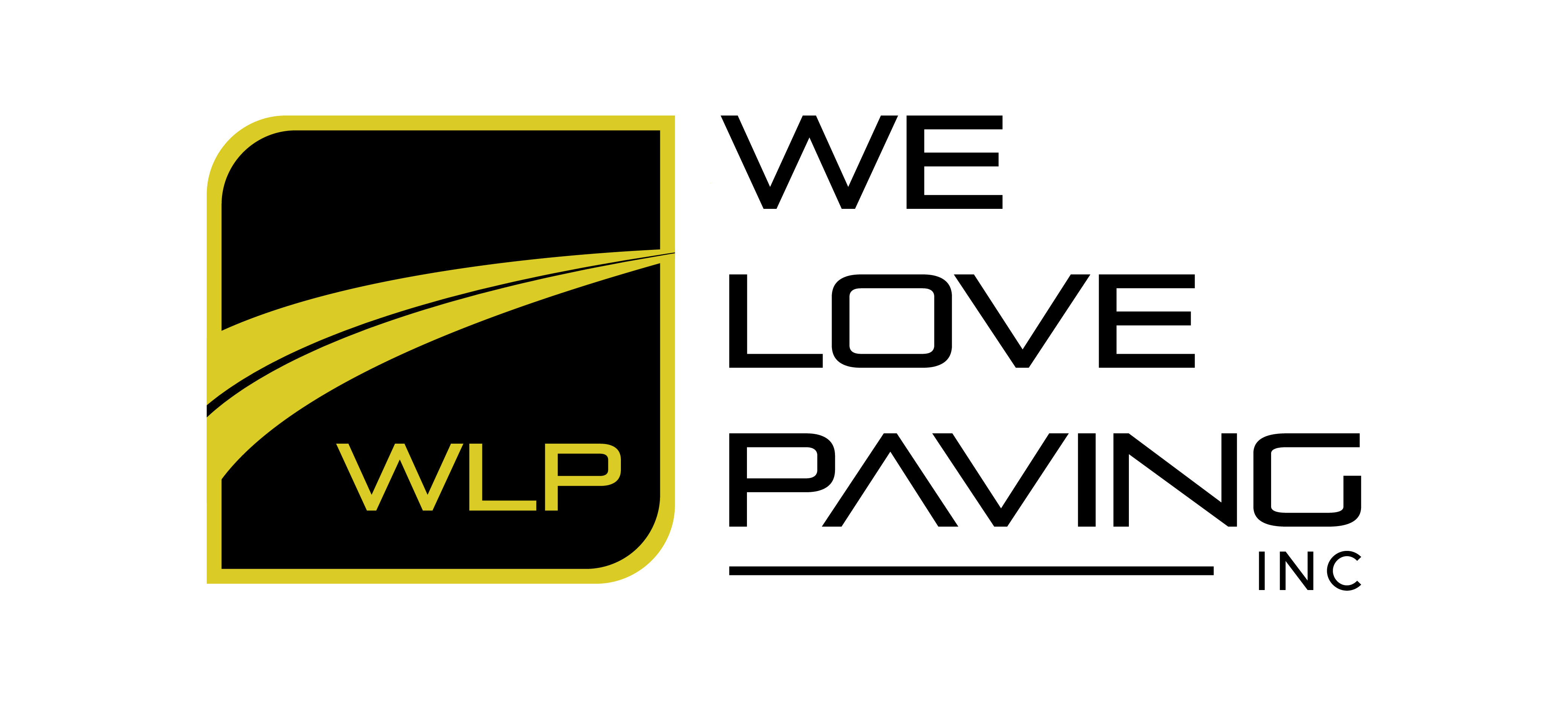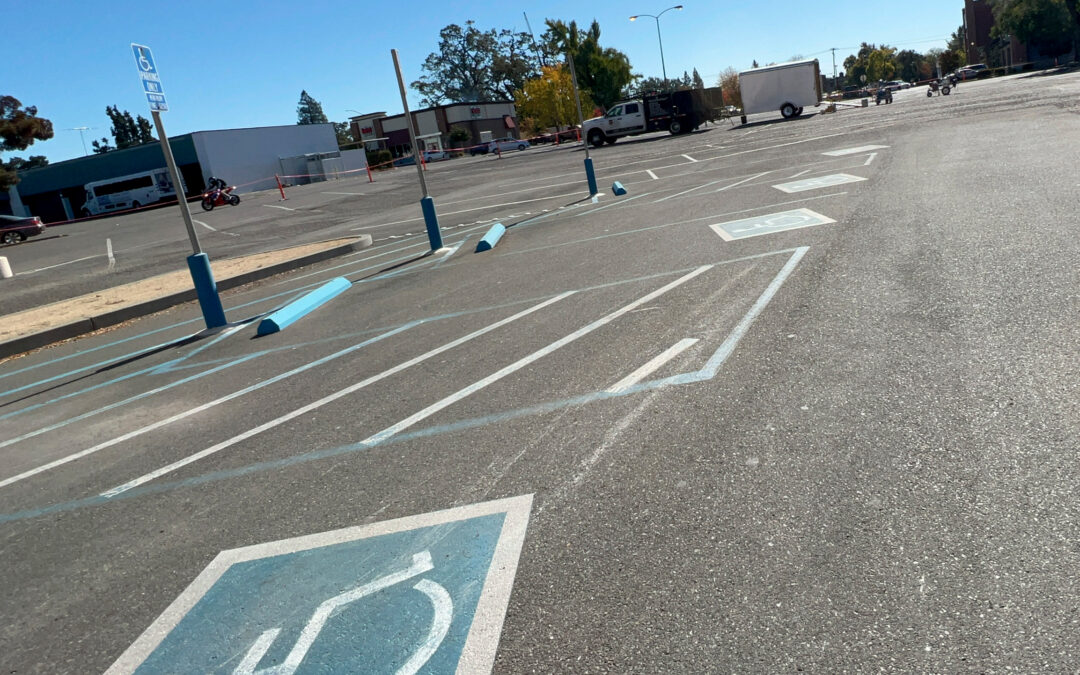In California, ensuring equal access and accommodations for individuals with disabilities is a priority, not just from a moral standpoint, but also from a legal perspective. The California Disabled Persons Act (CDPA) is a crucial piece of legislation designed to protect the rights of individuals with disabilities and promote accessibility in various aspects of public life. In this comprehensive guide, we’ll explore the California Disabled Persons Act, its key provisions, and its implications for businesses, property owners, and the community at large.
Overview of the California Disabled Persons Act
The California Disabled Persons Act, enacted in 1968, is a state law that aims to eliminate discrimination against individuals with disabilities and ensure their full and equal participation in society. The CDPA builds upon the federal Americans with Disabilities Act (ADA) and provides additional protections and remedies for individuals with disabilities in California.
Key Provisions of the California Disabled Persons Act
The California Disabled Persons Act contains several key provisions aimed at promoting accessibility and preventing discrimination against individuals with disabilities:
- Access to Public Accommodations: The CDPA prohibits discrimination on the basis of disability in places of public accommodation, including businesses, restaurants, hotels, theaters, and recreational facilities. It requires these establishments to provide equal access to individuals with disabilities, including accessible entrances, restrooms, and facilities.
- Accessibility in Housing: The CDPA prohibits discrimination against individuals with disabilities in housing, including rental properties, condominiums, and homeowners’ associations. It requires landlords and property managers to make reasonable accommodations for tenants with disabilities and ensure that housing facilities are accessible.
- Accessibility in Employment: The CDPA prohibits discrimination against individuals with disabilities in employment practices, including hiring, promotion, and termination. It requires employers to provide reasonable accommodations to employees with disabilities to enable them to perform their job duties effectively.
- Access to Government Services: The CDPA requires state and local government entities to ensure that their programs, services, and activities are accessible to individuals with disabilities. This includes providing auxiliary aids and services, such as sign language interpreters and Braille materials, to ensure effective communication with individuals with disabilities.
- Enforcement and Remedies: The CDPA provides individuals with disabilities with various remedies for violations of their rights, including injunctive relief, damages, and attorney’s fees. It allows individuals to file lawsuits in state court to enforce their rights under the law.
Implications for Businesses and Property Owners
Businesses and property owners in California must comply with the provisions of the California Disabled Persons Act to ensure accessibility and avoid legal liabilities. Some key implications of the CDPA for businesses and property owners include:
- Accessibility Requirements: Businesses, including retail stores, restaurants, and entertainment venues, must ensure that their facilities are accessible to individuals with disabilities. This may include providing accessible entrances, parking spaces, restrooms, and seating areas.
- Reasonable Accommodations: Landlords and property managers must make reasonable accommodations for tenants with disabilities, such as allowing service animals, installing grab bars in bathrooms, or providing designated parking spaces.
- Employment Practices: Employers must provide reasonable accommodations to employees with disabilities, such as modified work schedules, assistive technology, or job restructuring, to enable them to perform their job duties effectively.
Achieving Compliance with the California Disabled Persons Act
Achieving compliance with the California Disabled Persons Act requires a proactive approach and ongoing commitment to accessibility. Some steps that businesses and property owners can take to ensure compliance include:
- Conducting Accessibility Audits: Assessing existing facilities and services to identify barriers to accessibility and areas for improvement.
- Implementing Accessibility Improvements: Making necessary modifications and upgrades to ensure compliance with CDPA requirements, such as installing ramps, widening doorways, adding accessible signage, and providing alternative formats for information.
- Training Staff: Providing training and education to employees, property managers, and tenants on CDPA requirements and best practices for serving individuals with disabilities.
- Engaging with the Community: Seeking input and feedback from individuals with disabilities and disability advocacy organizations to identify accessibility needs and priorities.
Resources for Compliance
Businesses, property owners, and individuals with disabilities in California can access various resources and support services to help achieve compliance with the California Disabled Persons Act, including:
- California Commission on Disability Access: The California Commission on Disability Access (CCDA) provides information, guidance, and training on disability access laws and regulations in California.
- Disability Rights Organizations: Organizations such as Disability Rights California and the Disability Rights Education & Defense Fund offer resources, advocacy, and legal assistance to individuals with disabilities and businesses seeking to improve accessibility.
- Professional Consultants: Accessibility consultants, architects, and ADA specialists can provide expert guidance and assistance to businesses and property owners seeking to achieve compliance with the CDPA.
Conclusion
The California Disabled Persons Act plays a critical role in promoting accessibility, preventing discrimination, and protecting the rights of individuals with disabilities in California. By complying with the provisions of the CDPA, businesses, property owners, and government entities can ensure that their facilities, services, and programs are accessible to all, fostering inclusivity, diversity, and equal opportunity for individuals with disabilities across the state.

